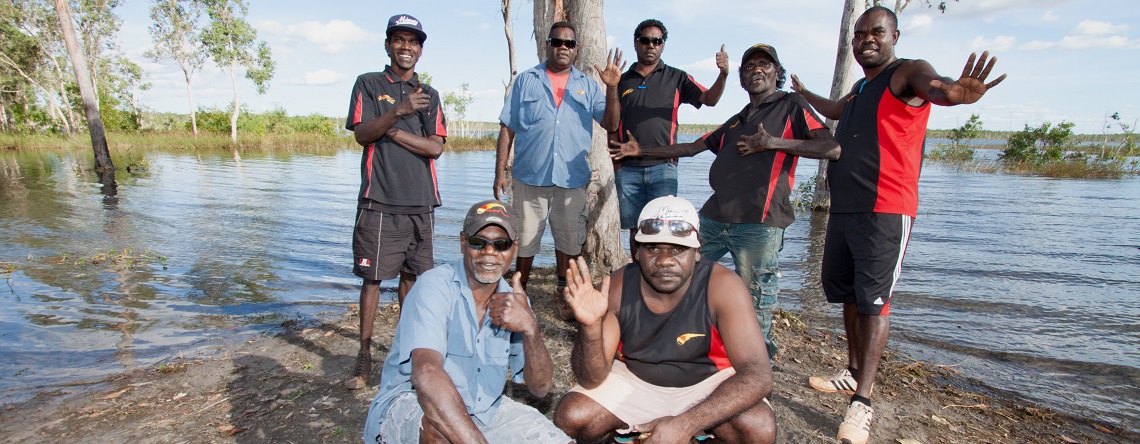
When the Arnhem Land Progress Aboriginal Corporation (ALPA) was established in 1972, its founders had little idea that it would grow to become the largest Indigenous corporation in Australia.
Now, with around 1200 staff, 85 per cent of which are Aboriginal and Torres Strait Islander people, ALPA operates in 27 locations across the Northern Territory and Queensland and is proving to be one of the great success stories of Australian business.
And according to Chris Hayward, ALPA’s General Manager of Enterprise and Community Services, the secret to their success is ensuring that ALPA never forgets its roots.
“We have a true cross-cultural business model,” Chris said.
“We have successfully integrated the world’s oldest living culture with modern western business practices to create an organisation that efficiently operates in a commercially sustainable manner while also providing benevolent outcomes for our member communities.
“Our Board, who are all respected members of their communities, always focus on how many jobs for Aboriginal and Torres Strait Islander people we have created and how the benevolent programmes we run are going.”
ALPA started as a co-operative for community stores in Arnhem Land and while retail management is still a key focus, ALPA has recently started to diversify, moving into new industries like construction, accommodation, employment services and mechanical workshops.
It is now the major employer in many communities around Arnhem Land and contributes over $16 million each year to local economies through direct wages, benevolent programmes and capital infrastructure investments.
Chris says that ALPA doesn’t want to become the BHP of Indigenous organisations but wants to use its knowhow and resources to help other Indigenous organisations to grow through local partnerships.
“We now manage stores in Cape York and we always get the local community involved,” Chris said.
“We work with local directors to build the local economy and work with them to develop tailored benevolent programmes for the community.”
ALPA’s success has not gone unnoticed, with governments eager to tap into their knowledge and resources to deliver cost-effective government initiatives. This includes training community members for the types of jobs they want and the community needs.
“We’ve been talking with the National Disability Insurance Agency about providing a skilled local labour force that can deliver services under NDIS to our communities rather than needing to import staff.”
With initiatives like these, the future for ALPA and the communities it serves looks bright, and, as Chris notes, ALPA directors and staff have asserted an ambitious long term strategy.
“Our overall vision is for remote communities to have the same standard of living as people living in urban areas,” Chris said.
